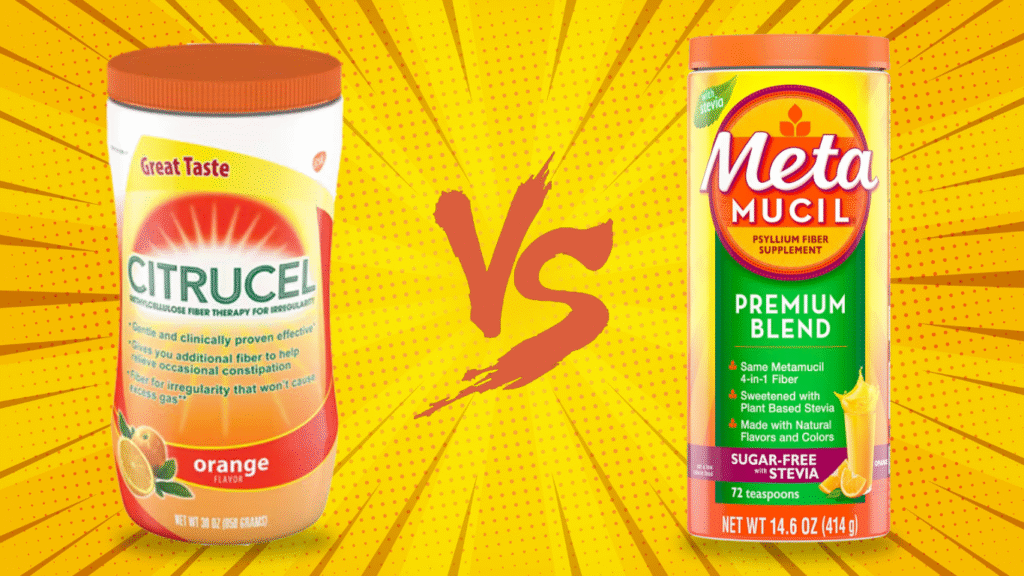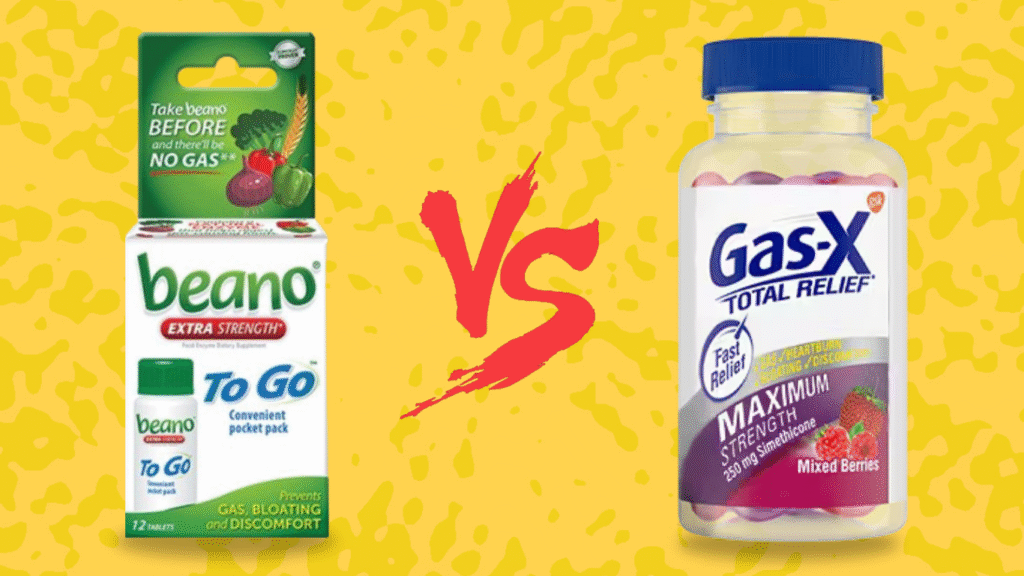Keeping your gut healthy is vital to your overall health—and probiotics play a key role in improving digestive health. However, when it comes to improving gut health, is it better to rely on probiotic-rich foods or choose supplements? This guide explains the pros and cons of each option to help you make the right decision for your digestive needs.
What Are Probiotics?
Probiotics are live microorganisms, mainly beneficial bacteria, that support a healthy balance in your gut. These “good” bacteria help with the digestion of food, absorption of nutrients and fight harmful bacteria that cause digestive problems.
Common types of probiotics include Lactobacillus, Bifidobacterium and Saccharomyces boulardii, which are known to enhance gut flora, reduce inflammation and encourage regular bowel movements.
Probiotic-Rich Foods: Natural Sources of Good Bacteria
Best Probiotic Foods for Digestion:
- Yogurt – a popular source of Lactobacillus which aids in the digestion of lactose.
- Kefir – a fermented milk beverage containing various probiotic strains.
- Sauerkraut – This is a Fermented cabbage that is rich in probiotics and fiber.
- Kimchi – A spicy Korean dish packed with probiotics and vitamins.
- Miso – a fermented soybean paste from Japan, commonly used in soups.
- Tempeh – a fermented soy product high in protein.
- Kombucha – a bubbling, fermented tea.
- Pickles (fermented in brine) – an excellent source of probiotics as they are naturally fermented.
Benefits of Probiotic Foods:
- Natural Nutrition: Provide probiotics along with vitamins, minerals, and fiber.
- Bioavailability: Nutrients and probiotics can be absorbed more effectively.
- Affordability: Readily available and usually budget-friendly.
- Flavor Variety: Varied selection of flavors and textures.
Downsides of Probiotic Foods:
- Variable potency: Different brands and products contain different amounts of live cultures.
- Dietary sensitivities: May not be suitable for all individuals (e.g., those with dairy allergies).
- Shelf life: Some products may lose probiotic content over time.
- Consistent intake required: Benefits are reduced if not taken regularly.
Probiotic Supplements: Concentrated and Convenient
Types of Supplements:
- Capsules
- Powders
- Gummies
- Liquid drops
Benefits of Supplements:
- Standardized dosage: Number of CFUs (colony forming units) clearly marked.
- Targeted strains: Designed for specific digestive issues (e.g., IBS, constipation).
- Convenient: Easy to take, especially while traveling or on a busy schedule.
- Allergen-free: Many options are dairy-free, gluten-free, and suitable for vegetarians.
Downsides of Supplements:
- Cost: Premium probiotics can cost a lot.
- Efficacy concerns: Some strains need to be kept cold; heat-sensitive strains may be less effective.
- Risks of overdosing: Taking too much can cause bloating or imbalances in gut health.
- Strain specificity: Different supplements may not produce the same results for everyone.
Scientific Comparison: Foods vs. Supplements for Digestion
Research suggests that both probiotic foods and supplements can improve gut health. However, supplements tend to have greater diversity and efficacy, which may be more beneficial for individuals with specific digestive issues. In contrast, foods provide additional nutrients and fiber that support natural digestion.
Some studies also suggest that probiotics may survive the digestive process more effectively in food form, due to protective elements such as fat and fiber. However, enteric-coated capsules or supplements using delayed-release technology may also provide comparable protection.
Ultimately, the effectiveness of these options may vary from person to person, depending on:
- Individual gut microbiome
- Diet and lifestyle choices
- Pre-existing health conditions
Which One Should You Choose?
Choose probiotic foods if:
- You prefer natural, whole food options.
- You want added nutritional benefits.
- You want an affordable option.
- You don’t have any allergies or sensitivities to any foods.
Choose probiotic supplements if:
- You have specific digestive issues (like IBS or diarrhea).
- You’re lactose intolerant or sensitive to fermented foods.
- You need regular and effective supplements.
- You’re busy or have limited access to probiotic-rich foods.
Can You Combine Both for Better Results?
Absolutely! Many health experts recommend combining probiotic-rich foods with supplements to get the best digestive support. This approach allows you to enjoy the benefits of both natural nutrition and the specific probiotic strain.
Sample daily plan:
- Morning: Yogurt topped with fruit + prebiotic fiber (like oats or bananas).
- Afternoon: One capsule of a probiotic supplement.
- Evening: Miso soup or kimchi with dinner.
Expert Tips to Maximize Probiotic Benefits:
- Include prebiotics: Foods like garlic, onions, bananas and oats nourish beneficial bacteria.
- Avoid excessive use of antibiotics: These medications destroy both beneficial and harmful bacteria.
- Consume probiotics regularly: Regular intake of probiotics is essential for lasting benefits.
- Keep a track of your digestive health: Pay attention to symptoms like bloating, regularity of bowel movements and overall comfort.
Conclusion
Both probiotic-rich foods and supplements can effectively improve digestive function—but your choice should be in line with your health goals, dietary choices, and lifestyle. While foods provide natural nutrition, supplements offer concentrated support. For many people, a combined strategy using both may yield the best results.
Probiotic-rich foods or supplements? Ultimately, the ideal choice is one that easily integrates into your routine and consistently boosts your digestive health.
Related Posts
- Probiotic Rich Foods Available on Amazon – Top Picks for Better Gut Health
- 10 Best Probiotic Supplements for Better Digestion in 2025







